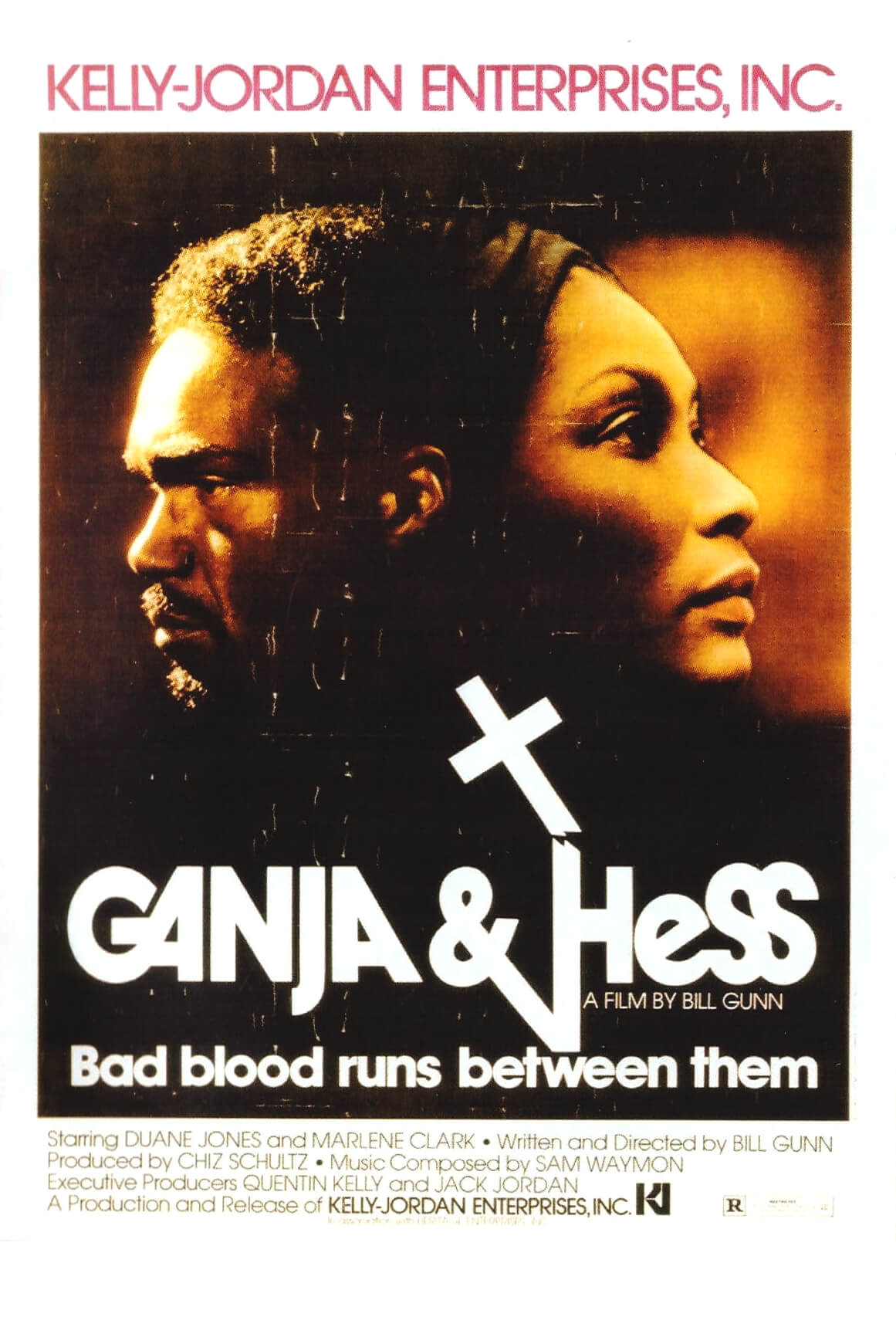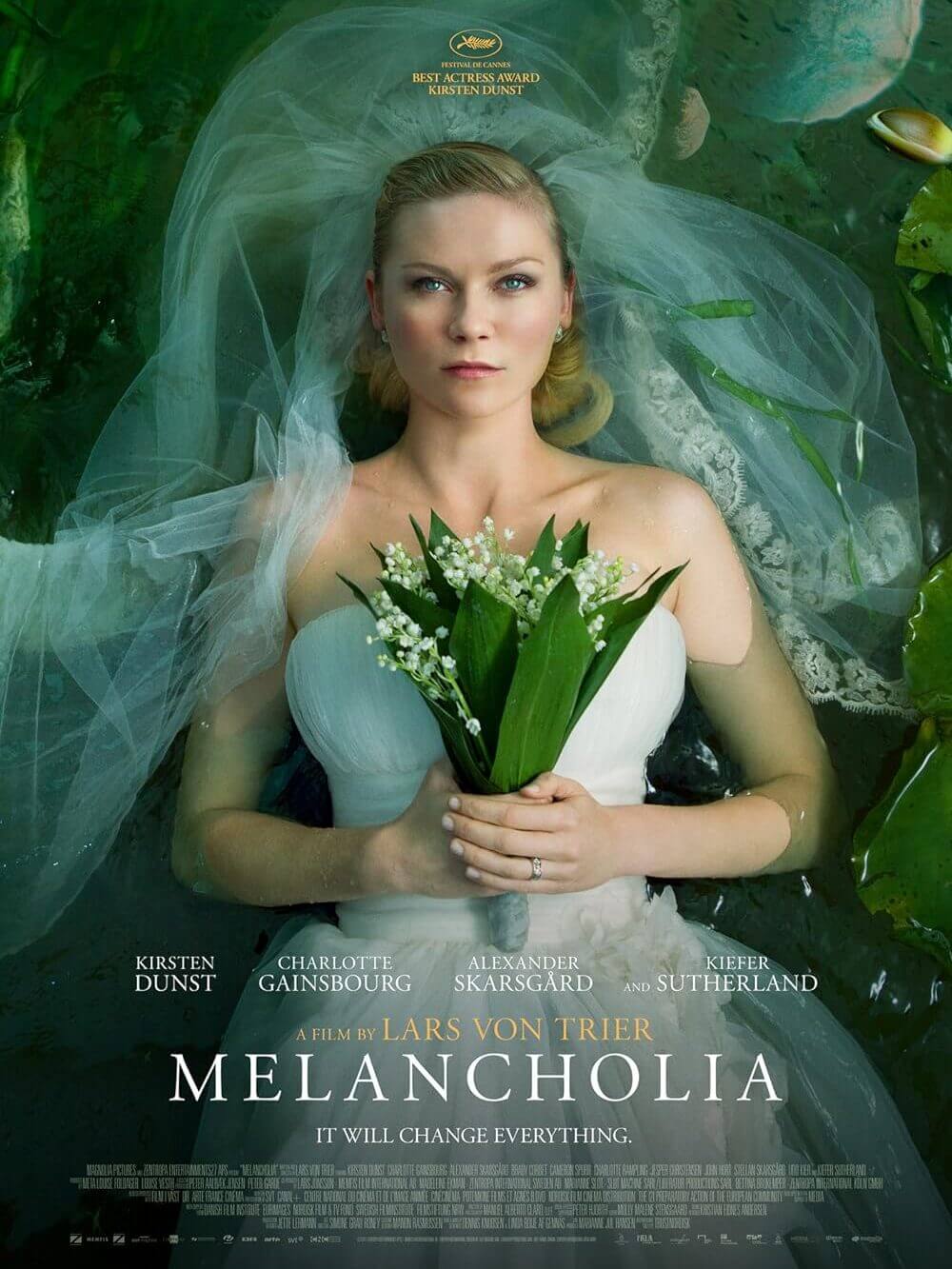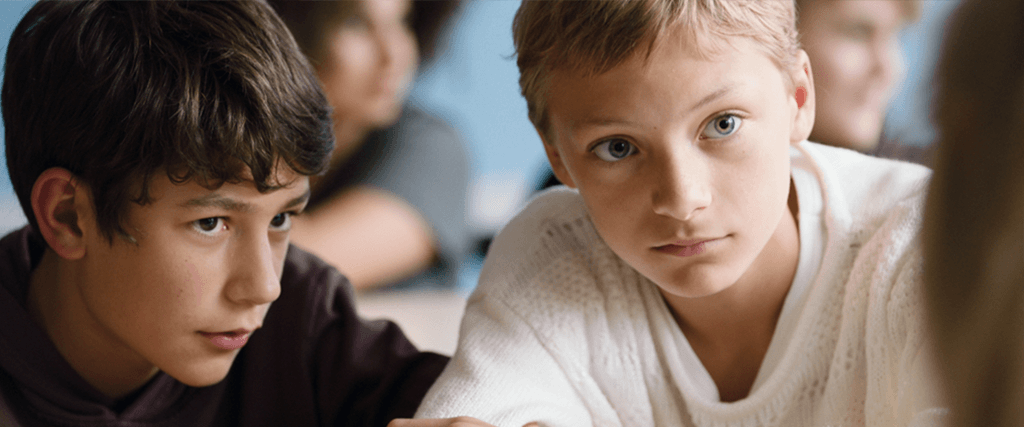
Close
By Brian Eggert |
This review has been expanded from one originally posted as part of a dispatch from the 2022 Twin Cities Film Fest on October 24, 2022.
Belgian director Lukas Dhont follows up his debut feature Girls (2018)—a Cannes Film Festival winner of the Camera d’Or and Queer Palm, centering on a trans girl who aspires to be a ballerina—with another film that deals with gender and adolescence. Close, winner of the Grand Prix at Cannes this year (shared with Claire Denis’ Stars at Noon), explores the point in some boyhood experiences where social pressure causes male friendships to lose their unselfconscious intimacy and tenderness. Instead, they become masculinized and competitive, falling into socially conditioned gender-normative behaviors. Dhont’s drama examines how these factors can have disastrous results in an aching story that considers the many layers of betrayal, confusion, and love experienced in youth. Taking place over one year, with the changing of seasons taking on traditionally symbolic meanings throughout, Dhont’s film isn’t subtle about its message or visual meaning. However, its emotional gut punch, delivered through several excellent performances, and the devastating subject matter are undeniable.
Before they arrive in middle school, Léo (first-time actor Eden Dambrine) and Rémi (Gustav De Waele) spend their summer playing war, helping Léo’s family with their flower harvest, and having sleepovers. These early scenes contain the freedom of summer that seems to exist outside of time. What’s more, the boys feel comfortable enough with each other to sleep in the same bed, show platonic affection, and indulge their imagination by playing make-believe. Their relaxed friendship is beautifully captured in Frank van den Eeden’s cinematography, which often beams with idyllic sunlight and intimate close-ups. However, once they begin school in the fall, some combination of reality and the pressure for societal “normalcy” begins to reframe their friendship. For example, Léo succumbs to social pressure after some students ask the two friends, “Are you together?” Although Rémi remains either oblivious or uncaring about what others think, Léo wants to fit in, so he puts distance between them by joining the hockey team, becoming standoffish, and putting a halt to any intimacy or play in their friendship. The camerawork, too, reframes the boys in master shots to emphasize their distance from each other.
Indeed, throughout Close, Dhont deploys obvious symbolic imagery, such as using the flower farm (harvesting, extracting bulbs, replanting) as a reflector of the characters’ emotional states through loss and healing. This might not be so distracting, except that Dhont’s direction sometimes veers into a stereotypical serious drama aesthetic that underscores his heavy-handed choices. Beneath every frame, the viewer can feel the lyrical importance Dhont hopes to achieve, whereas something more restrained might have registered as less self-conscious. Watching the film, I thought about how another filmmaker, Céline Sciamma—who has dealt with gender and identity among children in films such as Water Lilies (2007), Tomboy (2011), and Girlhood (2014)—might have taken a more subtle approach that serviced the characters more than thematic symbolism. Fortunately, Dhont directs several strong performances, particularly Émilie Dequenne’s turn as Rémi’s mother, Sophie. Dambrine is also convincing as a boy who grapples with the consequences of his behavior.
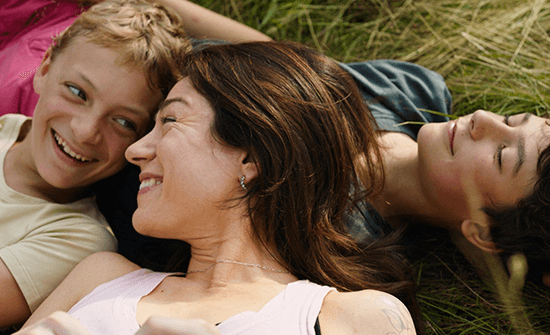 Close’s first third weighs the scarring effects of societal pressure on young boys to act a certain way—to act “like a man” and shed any signs of physical intimacy with other boys. But the film’s remaining two-thirds deal with suicide, loss, and guilt. One day, after Léo has rejected and ignored his best friend, Rémi doesn’t show up to school for a field trip. Léo’s mother (Lea Drucker) soon finds him, her eyes welling with tears, and explains that Rémi “isn’t with us anymore.” The fissure in their friendship will never be resolved, and Léo spends the remainder of the film attempting to reconcile his loss and choices. Scenes where Léo visits Sophie and reenters their home, where he spent so many summer afternoons and nights, become painful when he cannot find the words to say what he must. There’s a similar disquiet to a heart-wrenching dinner scene, where Leo’s family hosts Rémi’s parents, and the child’s grieving father (Kevin Janssens) breaks down amid the polite small talk.
Close’s first third weighs the scarring effects of societal pressure on young boys to act a certain way—to act “like a man” and shed any signs of physical intimacy with other boys. But the film’s remaining two-thirds deal with suicide, loss, and guilt. One day, after Léo has rejected and ignored his best friend, Rémi doesn’t show up to school for a field trip. Léo’s mother (Lea Drucker) soon finds him, her eyes welling with tears, and explains that Rémi “isn’t with us anymore.” The fissure in their friendship will never be resolved, and Léo spends the remainder of the film attempting to reconcile his loss and choices. Scenes where Léo visits Sophie and reenters their home, where he spent so many summer afternoons and nights, become painful when he cannot find the words to say what he must. There’s a similar disquiet to a heart-wrenching dinner scene, where Leo’s family hosts Rémi’s parents, and the child’s grieving father (Kevin Janssens) breaks down amid the polite small talk.
Drawing from his own experiences as a queer boy who closed off his natural feelings in response to social pressure, Dhont was inspired to write Close to show how masculinized expectations can have a damaging effect. Penned alongside Dhont’s Girl co-writer Angelo Tijssens, the director researched his subject with leading texts and experts on child psychology and suicide. Among others, he cites the book Deep Secrets: Boys’ Friendships and the Crisis of Connection, written by Dr. Niobe Way, a developmental psychologist based at New York University, as a major influence. Although he deals with heavy issues that might trigger an audience, the film maintains a PG-13 rating because Dhont is careful to avoid any jarring imagery. Instead, he instills a sensitive and flowing rhythm propelled by Valentin Hadjadj’s expressive, if somewhat on-the-nose score. Watching Close, I caught an overriding sense that Dhont hopes a young child might see the film and learn to resist playing into the social dynamics on display.
While the material is relatable—prompting memories of my childhood friendships that were dissolved when my friends went into sports and I headed for art class—Close keeps the viewer at a distance. Perhaps it’s Dhont’s unreservedly poetic touches or the generally predictable narrative trajectory, but the otherwise resonant material didn’t strike me as thoroughly as I expected it would. Even so, it’s a well-composed film that’s bound to gain an appreciative audience in the US given A24’s distribution and its nomination for Best International Feature from Belgium at the 2023 Academy Awards. Above all, it may do some good for teens who grapple with their identity and remain unable to reconcile the social expectations against their friendships and feelings. It may also prove sobering and true for adult viewers who lived through such experiences and may identify with or feel deeply connected to Dhont’s characters.
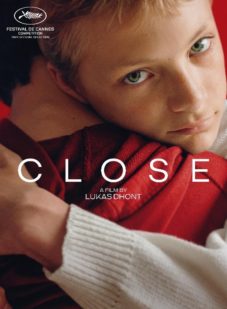
Unlock More from Deep Focus Review
To keep Deep Focus Review independent, I rely on the generous support of readers like you. By joining our Patreon community or making a one-time donation, you’ll help cover site maintenance and research materials so I can focus on creating more movie reviews and critical analysis. Patrons receive early access to reviews and essays, plus a closer connection to a community of fellow film lovers. If you value my work, please consider supporting DFR on Patreon or show your support in other ways.
Thank you for your readership!
Brian Eggert | Critic, Founder
Deep Focus Review


